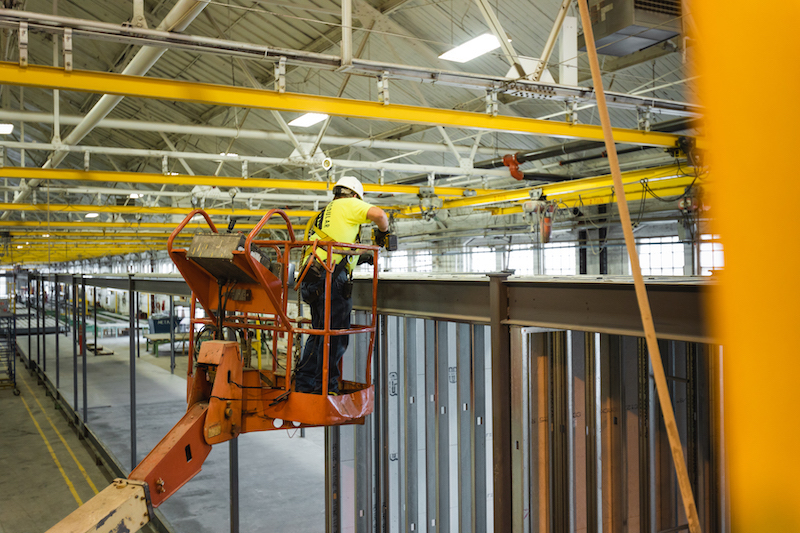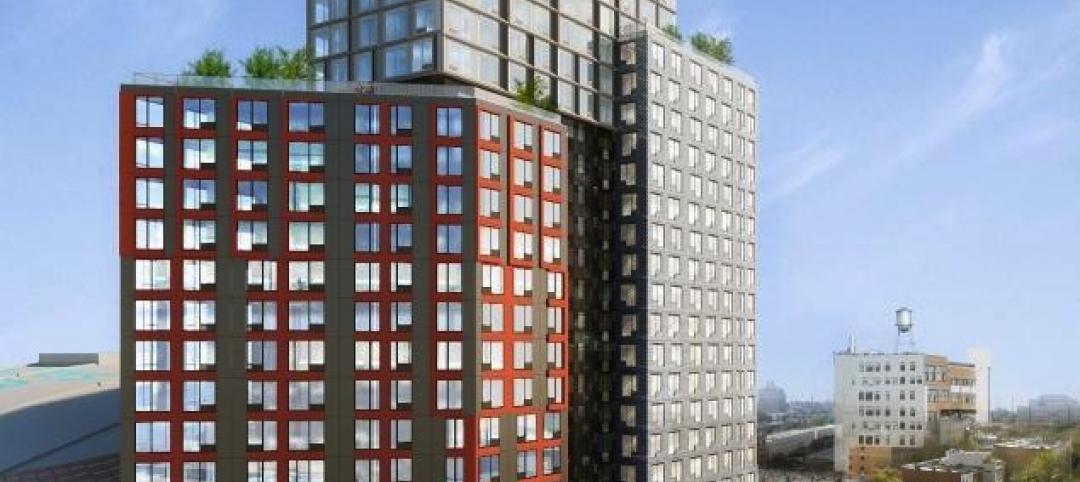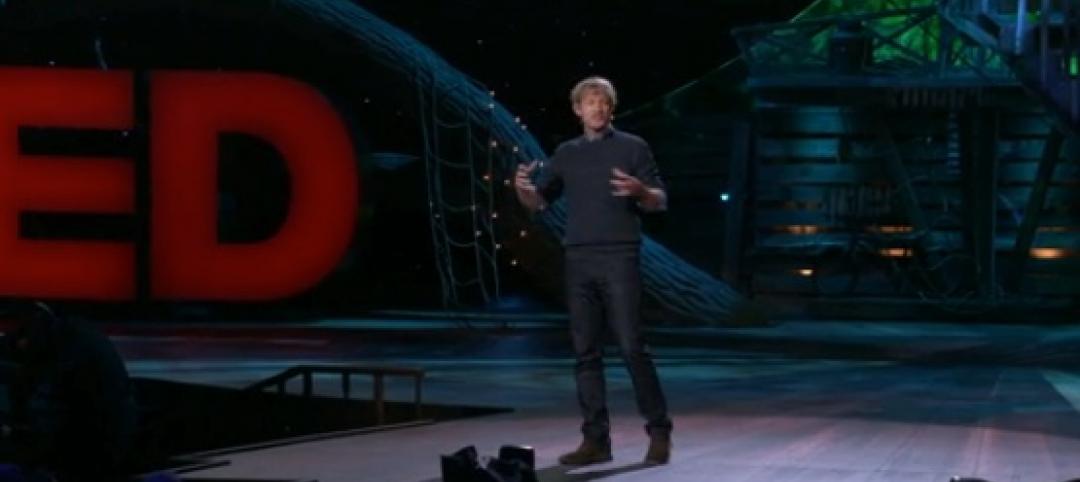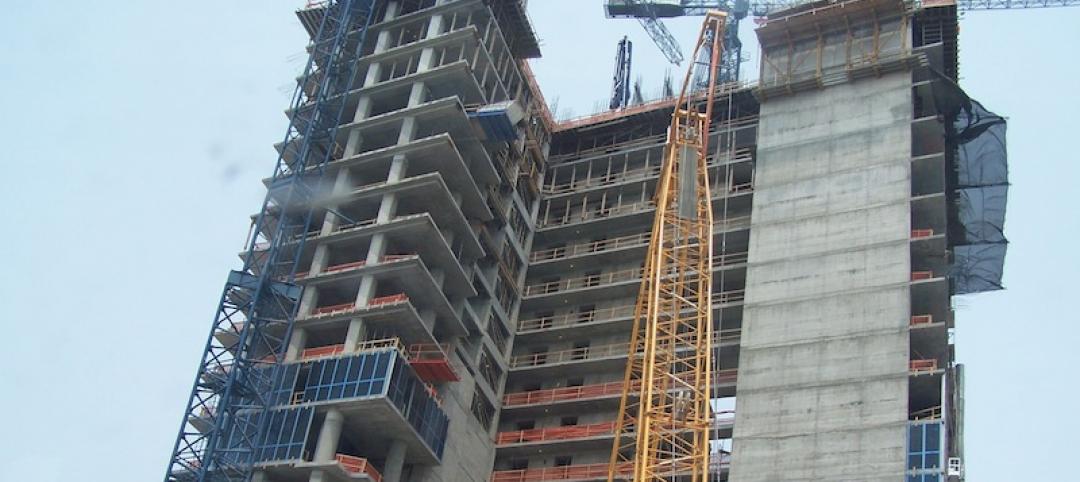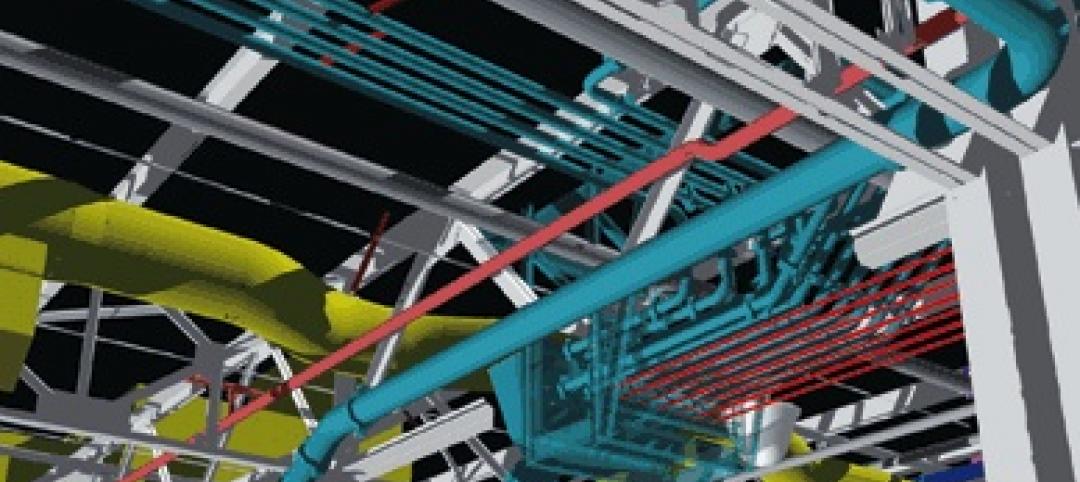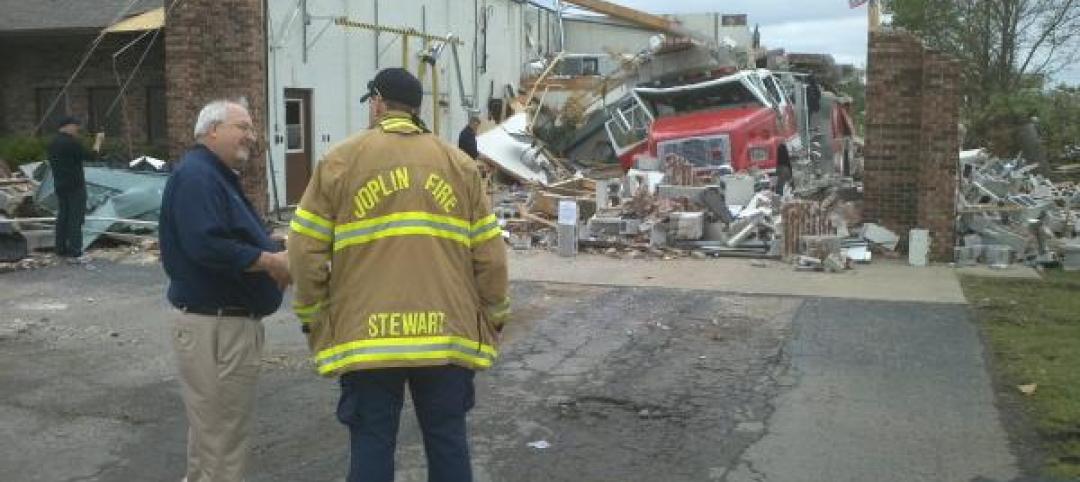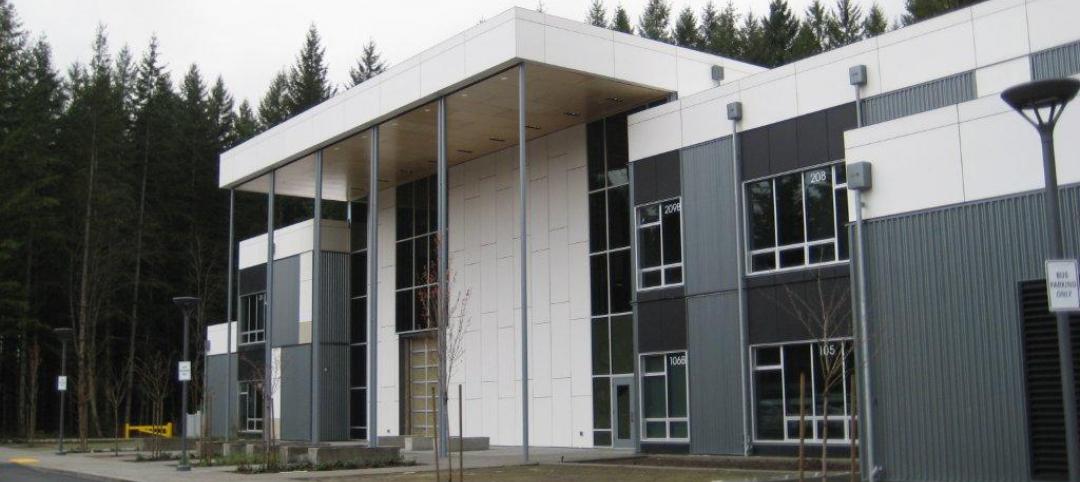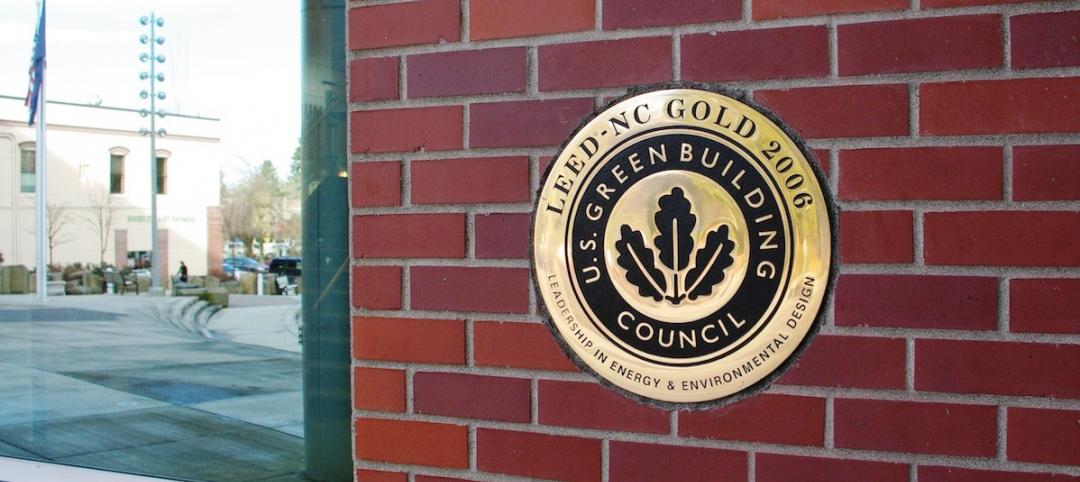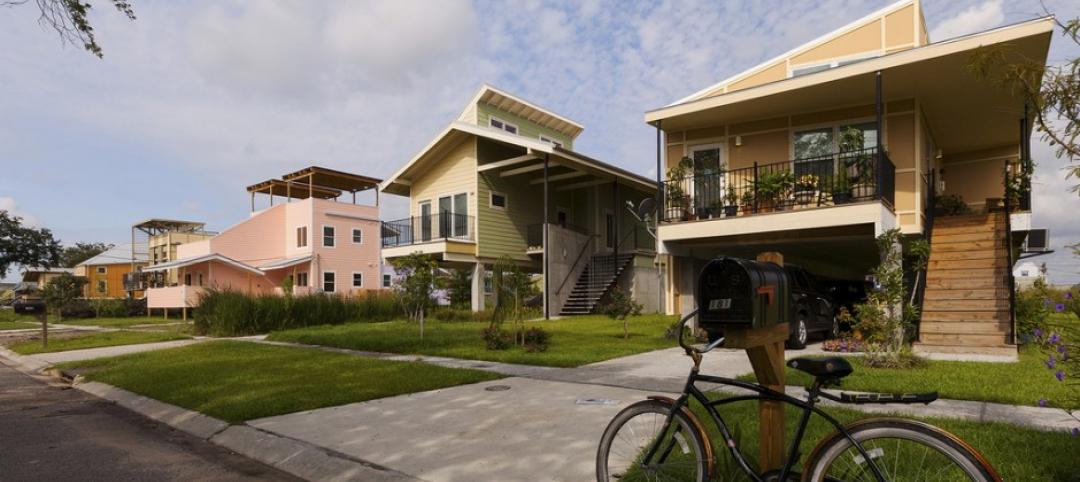For the past half-dozen years or so, off-site manufacturers of components and modules have sprung up in response to growing demand for commercial prefabrication and modular construction. Most companies chasing this business read from the same song sheet when they describe their advantages over conventional in-field construction: lower building costs, better quality control, faster and more reliable construction scheduling, less material waste, safer working conditions.
A 2019 McKinsey & Co. report projected that modular could account for $130 billion in new real estate construction in the U.S. and Europe by 2030, driven by promises of 20% reductions in construction costs and far speedier building.
A 2020 Dodge Data & Analytics report, based on polling more than 600 AEC and manufacturing firms, found 93% of respondents citing improved productivity benefits from modular construction, and 89% citing productivity benefits from prefabrication. More than three-fifths of those polled expect to be deploying 3D modules and full volumetric construction for at least 10% of their projects within the next three years; 21% of respondents said they’d be using modular construction on more than half of their projects by then.
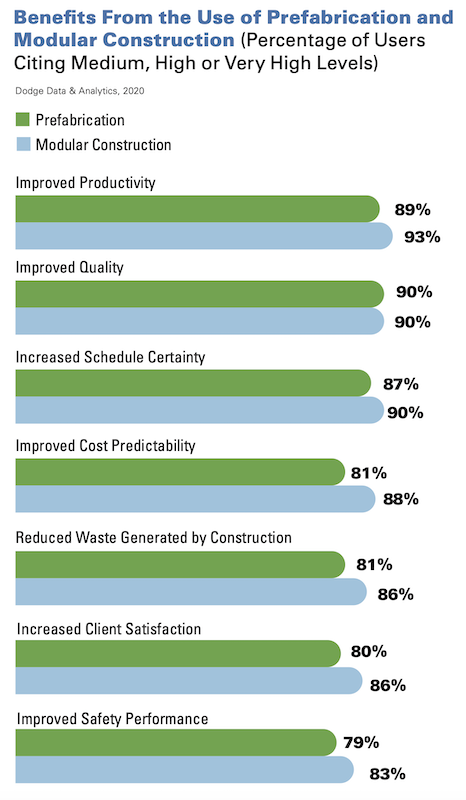
A 2020 poll of more than 600 AEC and manufacturing companies found almost unanimous consent about the benefits of modular manufacturing and prefabrication. Source and image: Dodge Data & Analytics
The synergies between construction and manufacturing have been apparent for a while. In 2014, the electricals contractor Faith Technologies launched Excellerate Manufacturing, which makes electrical components and assemblies. Since then, Excellerate has expanded to four facilities—in Appleton, Milwaukee, and Neenah, Wis., and Olathe, Kan.—with more than 600,000 sf of production space.
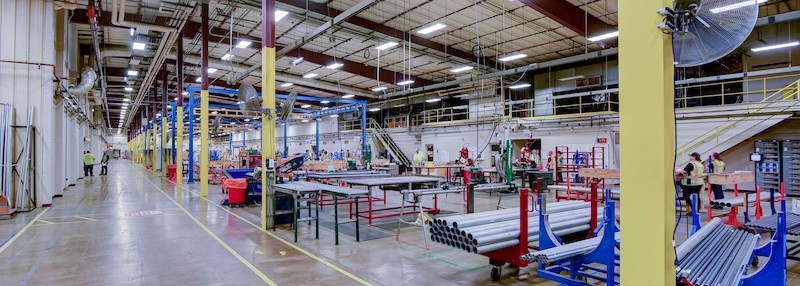
Since launching Excellerate Manufacturing in 2014, Faith Technologies has expanded this division to four faciliites, including a plant in Neenah, Wis. (above), and Olathe, Kan. (below). Images: Faith Technologies
Offsite manufacturers have also had ups and downs, false starts and second acts. In 2016, Full Stack Modular emerged, Phoenix-like, from the acquired assets of FC Modular, and has been focusing on building modules for mid- and high-rise housing from its 100,000-sf factory in Brooklyn. N.Y.
Last September, the design and construction firm Skender decided to close its 18-month-old modular-focused production spinoff Skender Manufacturing after lenders reportedly got cold feet because of the coronavirus pandemic’s economic impact, especially on the multifamily sector that Skender Manufacturing was targeting.
ALSO SEE: The epic rise of industrialized construction
Katerra made an even bigger splash when it debuted in 2015, and subsequently expanded aggressively through acquisitions and new production facilities. Billing itself as a technology company, Katerra was all about process improvements, said its executives. But Katerra has also experienced growth pains. In December, it was widely reported that the company required a $200 million bailout from Soft Bank Group to avoid bankruptcy. Soft Bank’s Vision Fund had already pumped $2 billion into the manufacturer, and the Japanese firm is now Katerra’s majority owner.
PUTTING REAL ESTATE DEVELOPERS ‘IN THE DRIVER’S SEAT’
Such setbacks have not diminished the reasons why prefabrication and modular construction remain attractive to developers and their AEC partners. Nor have they deterred new businesses from confidently entering the field with what they assert is a better mousetrap.
“How is it that construction, the largest industry at $13 trillion globally and $1.8 trillion domestically, still lags every other sector in productivity, with virtually every project late and over budget,” asks Ayall Schanzer, Chief Strategy Officer for iBUILT, a New York-based design-build-operate company that last November officially launched into the off-site manufacturing arena with $150 million in signed deals and another $600 million in negotiation, a number that has since risen to over $1 billion, says Schanzer.
iBUILT had been in the works since 2017-18, when the investment group behind its formation (whose constituents Schanzer declined to name) began assembling the pieces needed, first by acquiring Deluxe Modular, a Berwick, Pa.-based modular manufacturer founded in 1965, whose 24-acre campus currently includes three factories with a combined two million sf of annual production capacity. The next step was hiring software engineers who would devise programs that allow iBUILT to offer developers end-to-end solutions driven by technology and prefabrication.
(Earlier this month, iBUILT hired Gonzalo Gonzalez as its chief manufacturing officer. Gonzalez had been Tesla’s senior director of manufacturing and engineering.)
RELIEVING RISK OF OFFSITE CONSTRUCTION
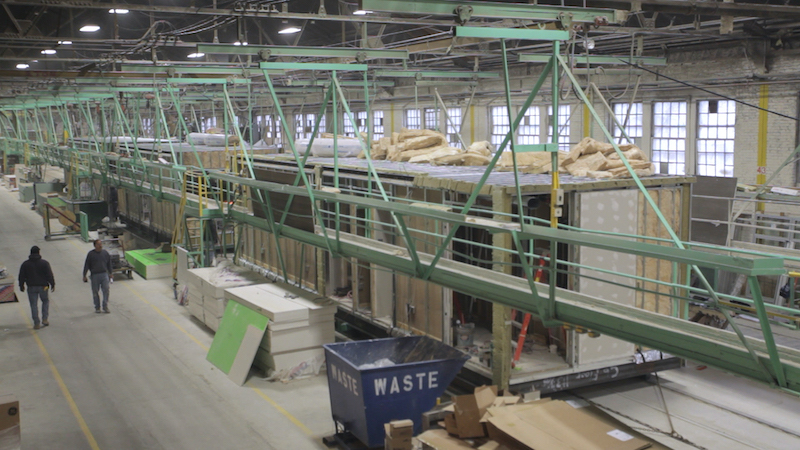
iBUILT reduces developers' risks by offering an end-to-end solution that includes design, procurement, manfacturing, and construction management. Image: Courtesy iBUILT
iBUILT’s marketing tagline is “By Developers. For Developers.” Its business model is designed to give developers and owners greater control over their projects, with less risk.
Schanzer—who previously was president and CEO of Greiner-Maltz, a real estate brokerage—tells BD+C that iBUILT “incorporates input, throughout, and output” with services that include design, procurement, manufacturing, and construction management. iBUILT also delivers a digital twin of the project, embedded into its BIM models, that gives developers greater sway over the building’s operational costs.
iBUILT’s process begins with Fast Track, a software package that, for $25,000, delivers 70% of a project’s design with plans within 30 days. Schanzer insists that Fast Track’s delivery compares favorably to the 90-120 days developers normally wait for design plans that can cost anywhere from $100,000 to $500,000.
If a client decides to move forward on a project, iBUILT will commit to a finished price and delivery date. “Developers will know precisely, to the hinge, the cost,” says Schanzer. Working from its kit-of-parts catalog, iBUILT promises never to initiate a change order.
iBUILT’s website makes the familiar claims that its process lowers construction costs by 20%, speeds completions by 50%, and lowers operating costs by 70%. The company, with 80 employees, uses a combination of its own crews and subcontractors to assemble its modules on site, and can build as high as 35 stories using high-strength steel superstructures.
To meet the needs of clients concerned about their projects’ environmental impacts, iBUILT offers Smart Structures, a trademarked process that leverages automation and technology to adhere to stringent codes. Smart Structures are built with sustainable materials to standards that exceed LEED and, if requested, can achieve Passive House insulation values. The company even has its own designation, iBUILT Green, which Schanzer suggests could be a selling point for developers down the road.
LOOKING BEYOND HOUSING FOR OFFSITE CONSTRUCTION

iBUILT’s proprietary digital twin AI software is embedded into each of its BIM models. This allows clients to control and manage ongoing building operations, reducing maintenance costs by 70%, while providing preventive forewarnings to avert catastrophic breakdowns, and benefiting from reduced insurance premiums. Image: iBUILT
Over the decades, Deluxe Modular had supplied products for several building sectors including healthcare, hospitality, education, recreation, and military, although most of its production was for multifamily and student housing. The website ForConstructionPros.com identified two of iBUILT’s projects that are in the works: a condo project in Brooklyn, N.Y., that will leverage smart building technology; and a 100-unit affordable housing development in Baltimore that iBUILT is building for the developer I&G Group.
Schanzer, though, envisions a broader canvas for iBUILT, whose goal is to double its production capacity by year’s end, at which point one of iBUILT’s factories will be fully automated. He can also see the eventual opening of factories in other regions of the country.
ALSO SEE: Meet the masters of offsite construction
A year from now, he predicts, “we are going to be a dominant force in the market, with several visible projects underway.” Clients will be able to access design options, optimized by budget and land availability, and select products from iBUILT’s catalog. “This will be a fully integrated digital program that will talk to our ERP system, order products, schedule design and manufacturing,” he says.
When asked what pitfalls iBUILT needs to avoid, Schanzer responds “calibrating our growth. We’re going to expand prudently and organically.” But he’s not ruling out mergers or acquisitions under the right circumstances.
Related Stories
| Jul 11, 2013
Lawsuit challenges modular apartment project in New York City
A plan to build pre-fab apartment buildings at Atlantic Yards in Brooklyn, N.Y., has been challenged by a lawsuit filed by the Plumbing Foundation in Manhattan Supreme Court.
| Jul 10, 2013
TED talk: Architect Michael Green on why we should build tomorrow's skyscrapers out of wood
In a newly posted TED talk, wood skyscraper expert Michael Green makes the case for building the next-generation of mid- and high-rise buildings out of wood.
| Jul 2, 2013
LEED v4 gets green light, will launch this fall
The U.S. Green Building Council membership has voted to adopt LEED v4, the next update to the world’s premier green building rating system.
| Jul 1, 2013
Report: Global construction market to reach $15 trillion by 2025
A new report released today forecasts the volume of construction output will grow by more than 70% to $15 trillion worldwide by 2025.
| Jun 28, 2013
Building owners cite BIM/VDC as 'most exciting trend' in facilities management, says Mortenson report
A recent survey of more than 60 building owners and facility management professionals by Mortenson Construction shows that BIM/VDC is top of mind among owner professionals.
| Jun 13, 2013
AIA partners with industry groups to launch $30,000 'Designing Recovery' design competition
The program will award a total of $30,000 to three winning designs, divided equally between three locations: Joplin, Mo., New Orleans, and New York.
| Jun 10, 2013
Lake Washington STEM school combines modular and site-built construction to meet ambitious schedule
When the Lake Washington School District outside Seattle needed a new high school built on an ambitious permitting and construction schedule of seven months, modular construction proved to be an ideal solution.
| Jun 5, 2013
USGBC: Free LEED certification for projects in new markets
In an effort to accelerate sustainable development around the world, the U.S. Green Building Council is offering free LEED certification to the first projects to certify in the 112 countries where LEED has yet to take root.
| Jun 3, 2013
Construction spending inches upward in April
The U.S. Census Bureau of the Department of Commerce announced today that construction spending during April 2013 was estimated at a seasonally adjusted annual rate of $860.8 billion, 0.4 percent above the revised March estimate of $857.7 billion.
| May 30, 2013
The Make It Right squabble: ‘How many trees did you plant today?’
A debate has been raging in the blogosphere over the last few months about an article in The New Republic, “If You Build It, They Might Not Come,” in which staff writer Lydia DePillis took Brad Pitt’s Make It Right Foundation to task for botching its effort to revitalize the Lower Ninth Ward of New Orleans.


